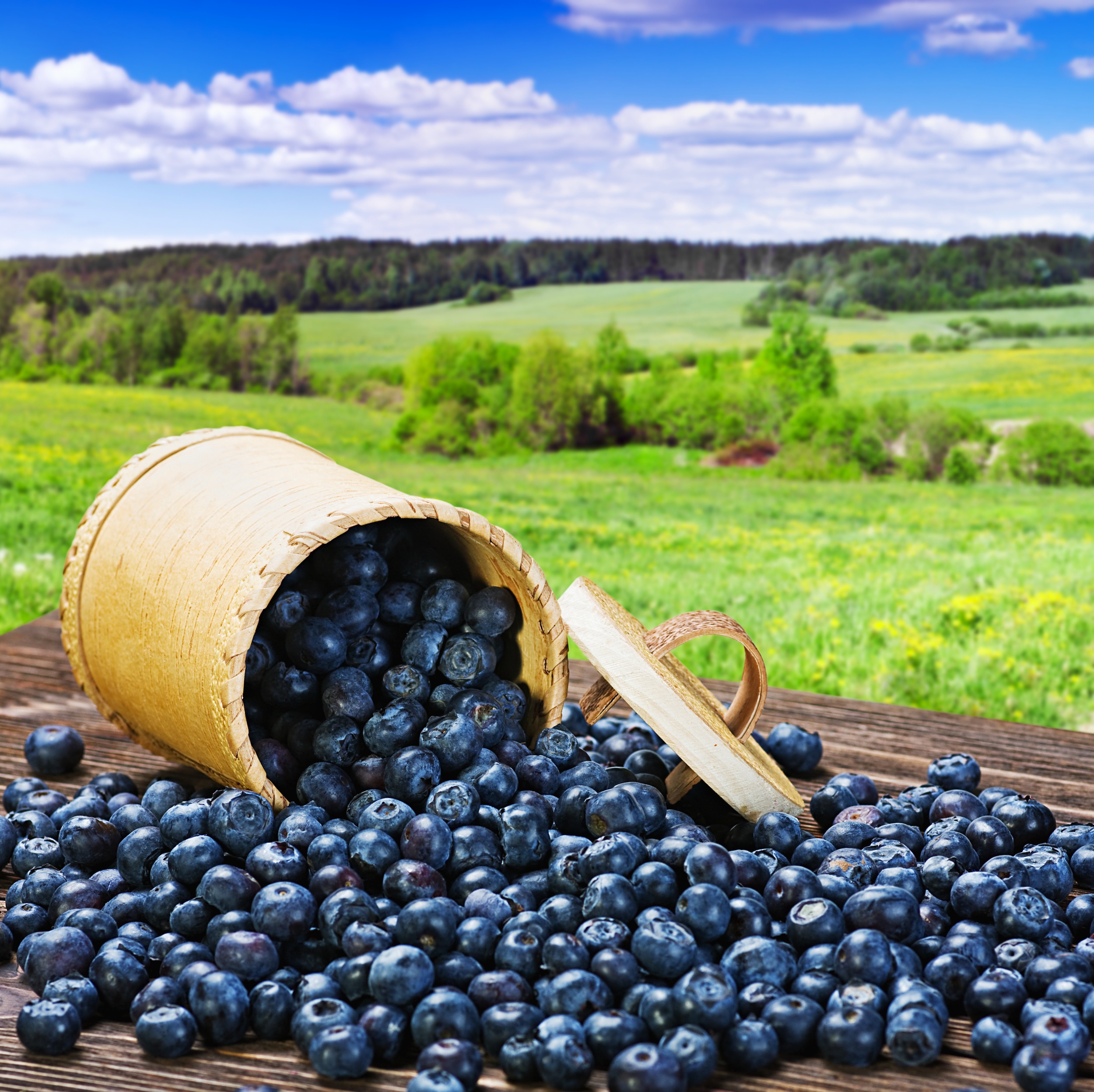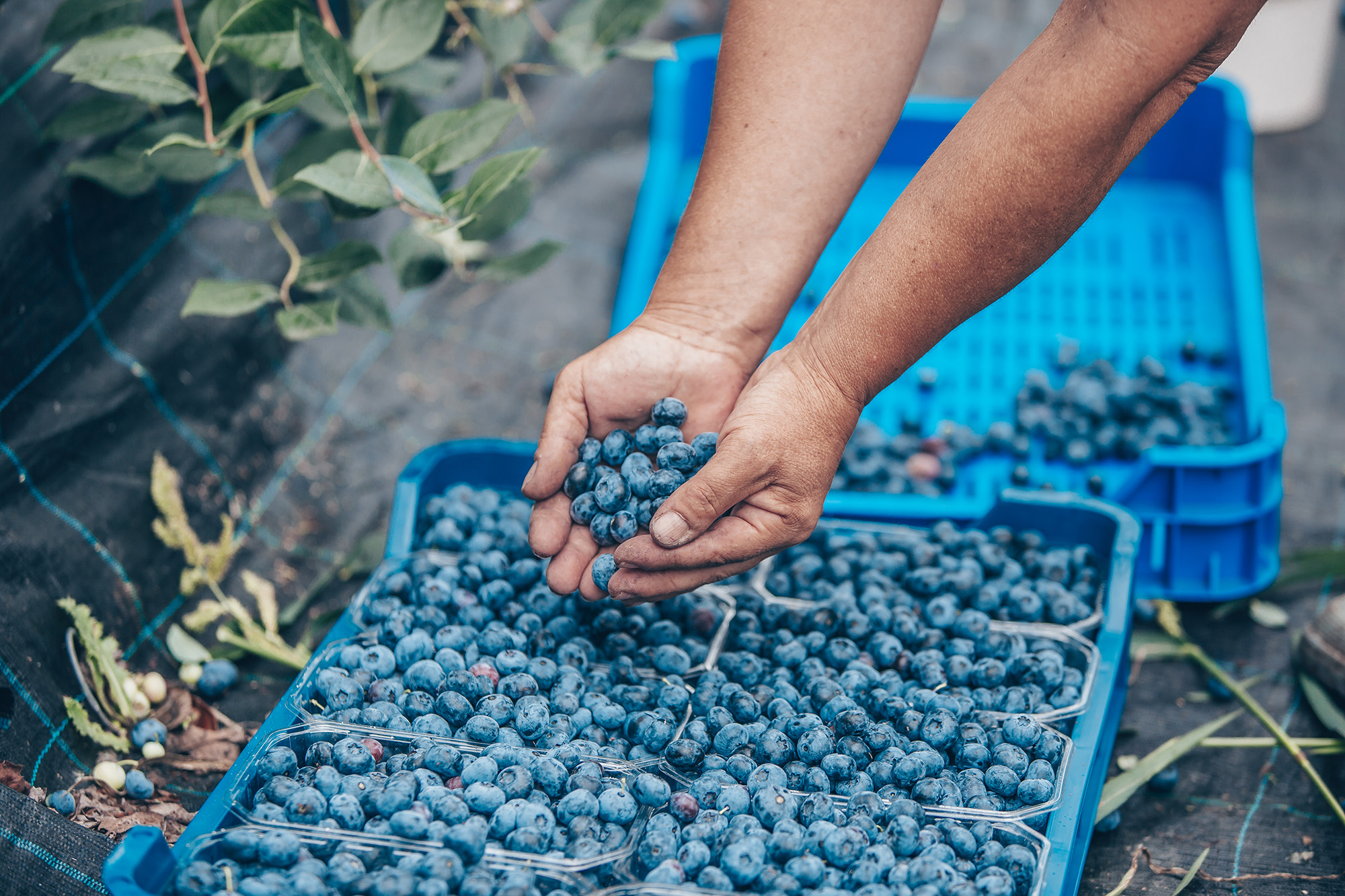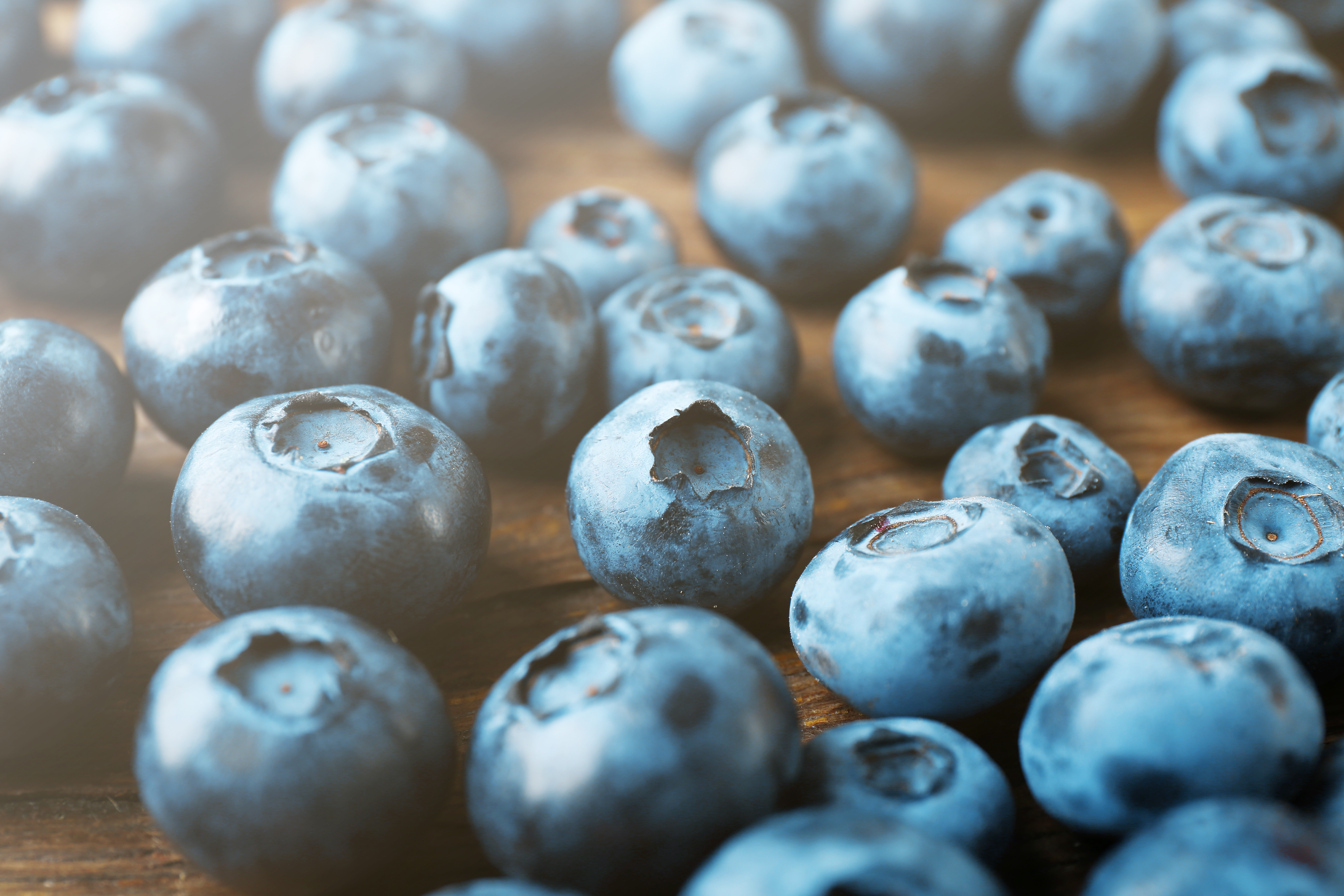Foreword of Mario Steta, Chairman IBO
Dear IBO community,
This is the first of what will hopefully be many opportunities to mutually reflect, analyze, and challenge our thoughts, perceptions, and actions. Many, many years ago, I had a similar opportunity to write a regular column for Groenten & Fruit magazine from the Netherlands, evolving into what became a structured way for me to dive into relevant issues affecting the greenhouse sector at that time.

Within the scope of the many issues impacting the blueberry sector, trade is likely top of mind for many of us, as this is one of the few truly global perishable crops. While the sense that the world is moving to a protectionist and closed trade environment still seems to be more rhetoric than reality, it is likely that with the second presidency of Donald Trump this will now become a fact in international politics and business. As an example, his intent to impose a 25% tariff on all imports from Mexico and Canada will certainly impact the negotiating positions of both countries as the USMCA agreement goes into review in the coming months, with agriculture likely being one of the pieces to trade off when the major focus will be centered on the industry, and particularly, the automotive sector.
It is no doubt difficult to estimate how the involution of global trade from the USA and other nations will impact agriculture and the fall out for a crop like blueberries, which, in the context of agricultural trade, can be seen as relatively minor. But it tends to happen that relatively “minor” sectors or commodities are those precisely used to leverage and be on offer to avoid impact to main commodities.
Based on data from our Industry Report, total volume imported into the USA grew from 100 m/MT in 2014 to 200 m/MT in 2023, while value grew from USD $500 M to $1500 M, respectively. During the same period, exported volume from the US grew only marginally from 15 m/MT to 20 m/MT, with value staying relatively flat at close to USD $100 m. There is no doubt that based on these simple references there could be expressions of concern for what seems a major disparity, with the question being the underlying reasons for these trends and who benefits from the outcome.
Whether or not we are affected by this evolving situation, it is likely most of us have a view and a position on how trade policies might and should evolve. And while I do have an opinion on the outcome of the election in the United States, what is fundamental is to not forget that more than 70 million citizens voted for Mr. Trump for very valid reasons, and that this needs to be respected and be kept in mind in our day-to-day interactions, commercial exchanges or trade discussions.
With all of us being consumers, we can likely testify to the benefits open trade has generated. With many also being producers in various parts of the world, some possibly have had to deal with impacts to their competitive positions (Chile, Argentina, eastern Europe) while others have grown significantly (Peru, China, Morocco), generating employment and development of their local rural areas thus reducing the need for people to migrate (a likely topic of a future column).
Trade cannot be assumed with a zero-sum logic where my gain has to be your loss. So as the possibility of barriers and limitations to trade grows, let’s remain open to dialogue, and to understanding different needs and points of view, and let’s look into IBO for a forum where this can just maybe happen.
And finally, during my first attempt at writing a column, I could never figure out a title, so this time around I ask for suggestions as to how this space could be titled, in addition to your ideas, suggestions, and challenges.
Regards,
Mario Steta
Chairman IBO






